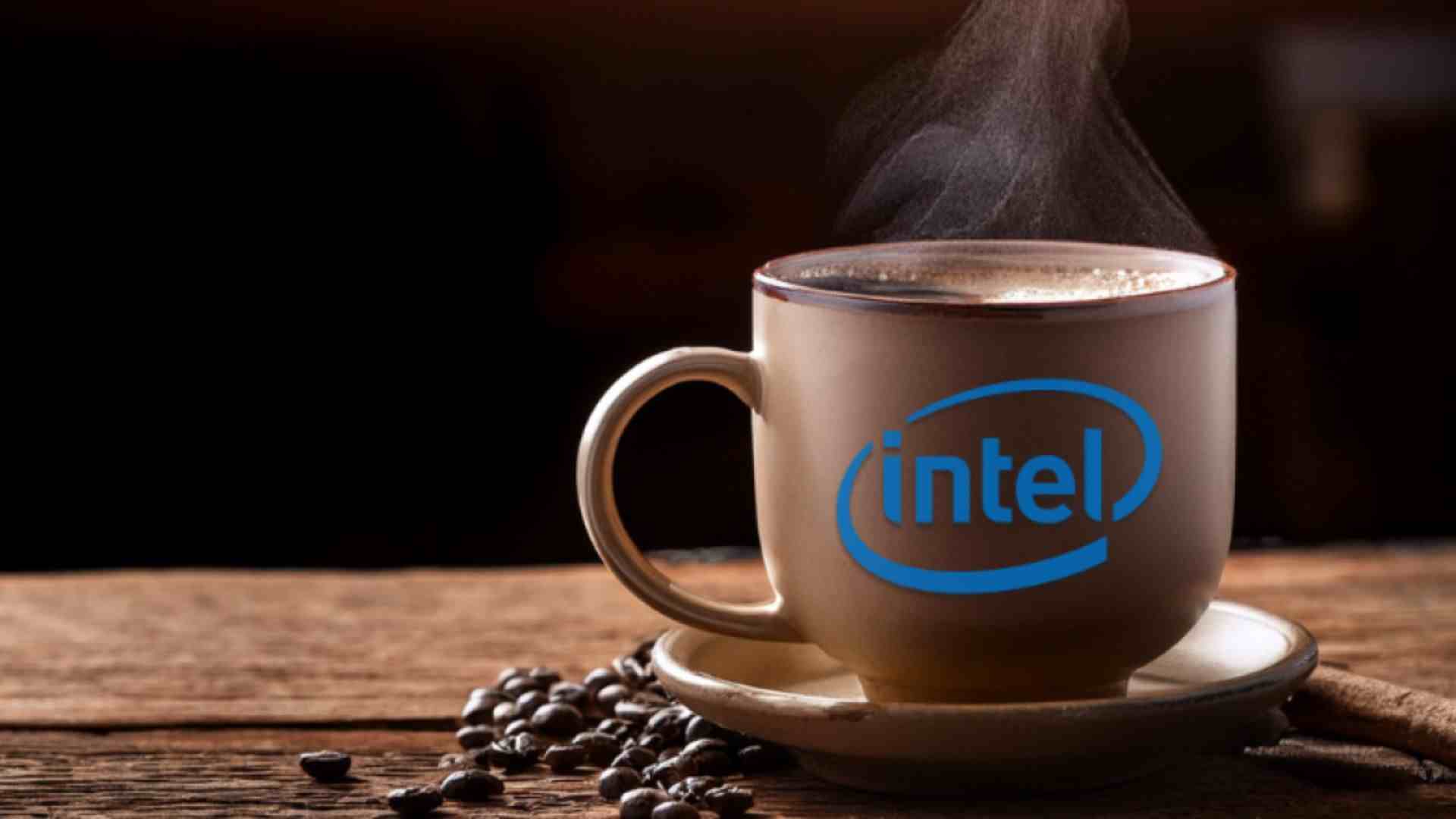
Intel is reintroducing free coffee and tea at the office to lift employee spirits after cutting back on perks as part of cost-saving measures. Following a dip in company valuation, Intel made significant cost reductions this year, including workforce cuts and benefit reductions. In August, the company announced it would be laying off 15,000 employees, achieved through voluntary separation programs and direct layoffs. Around the same time, Intel informed employees that certain benefits, such as reimbursements for internet, phone, and travel, would be reduced.
However, just three months later, the tech giant shared news of the return of free beverages to boost workplace morale. According to an internal message accessed by *The Oregonian*, Intel acknowledged the importance of small comforts. The message noted, “Although Intel still faces cost challenges, we understand that small comforts play a significant role in our daily routines. We know this is a small step, but we hope it is a meaningful one in supporting our workplace culture.”
Despite bringing back coffee and tea, Intel hasn’t resumed the complimentary fruit once available to employees.
For decades a dominant name in the tech industry, Intel’s influence has faced challenges. During the 1990s personal computer boom, Intel was a household name, but the company failed to seize opportunities in mobile chip development in the 2000s, which fueled Apple’s iPhone success.
Reflecting on missed opportunities, former CEO Paul Otellini expressed regret in 2013 for declining a deal to design iPhone chips for Apple. Another critical missed opportunity came when Intel declined to invest in OpenAI, now a leading player in artificial intelligence. Intel could have positioned itself as a crucial partner for OpenAI, which had been seeking alternatives to Nvidia for chip production.
However, then-CEO Bob Swan underestimated the timeline for generative AI to hit the market and passed on the deal, a decision that allowed Nvidia to solidify its role as a major competitor in the AI-driven chip sector.















